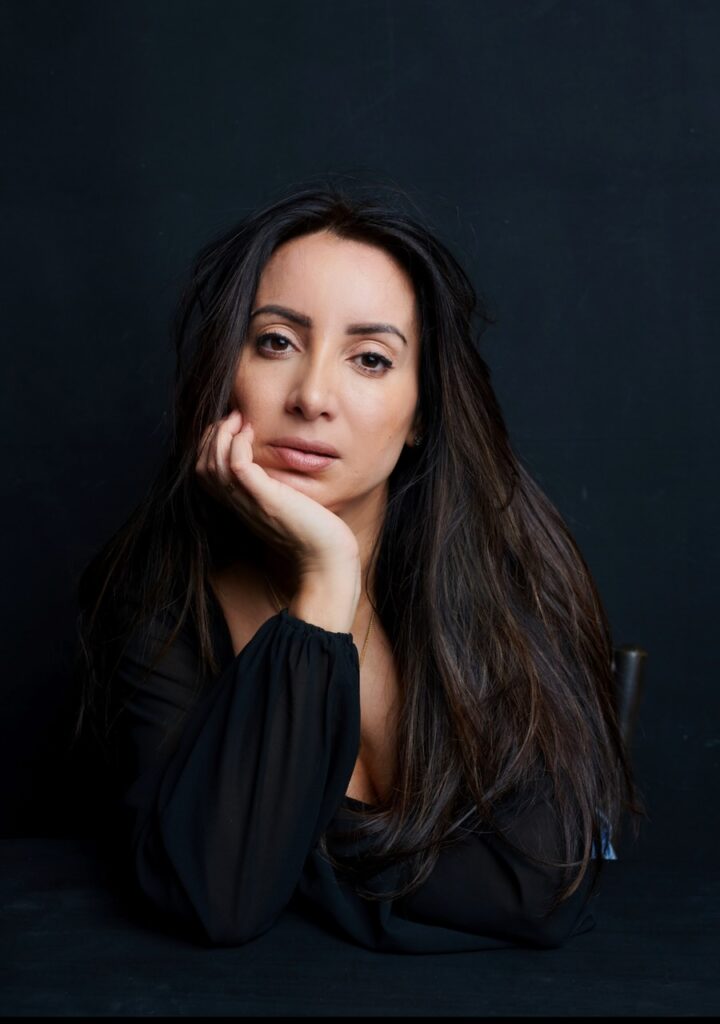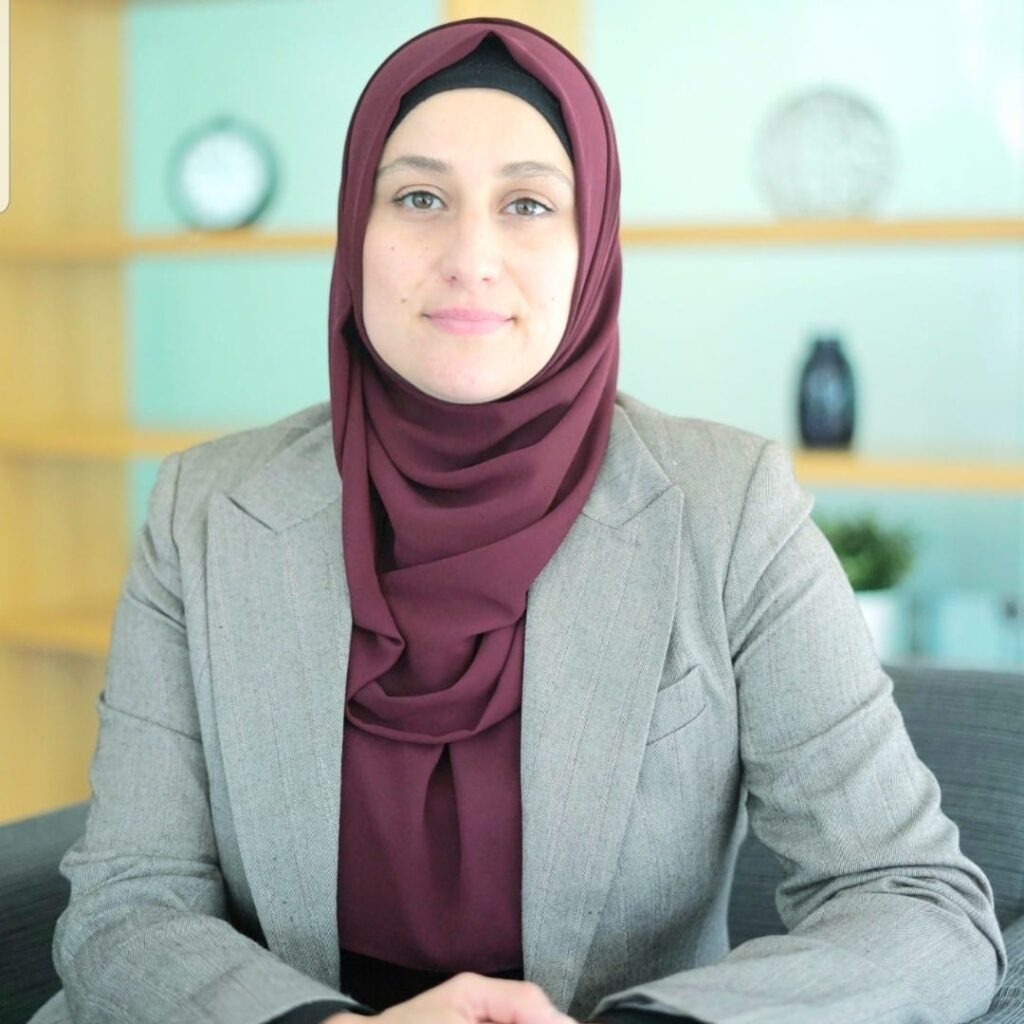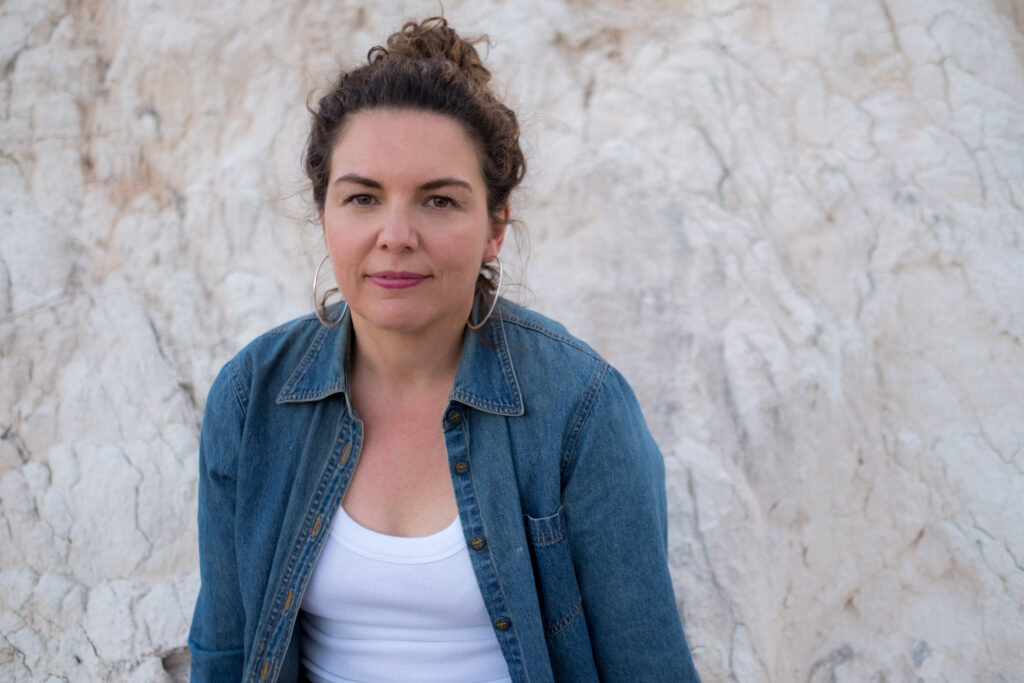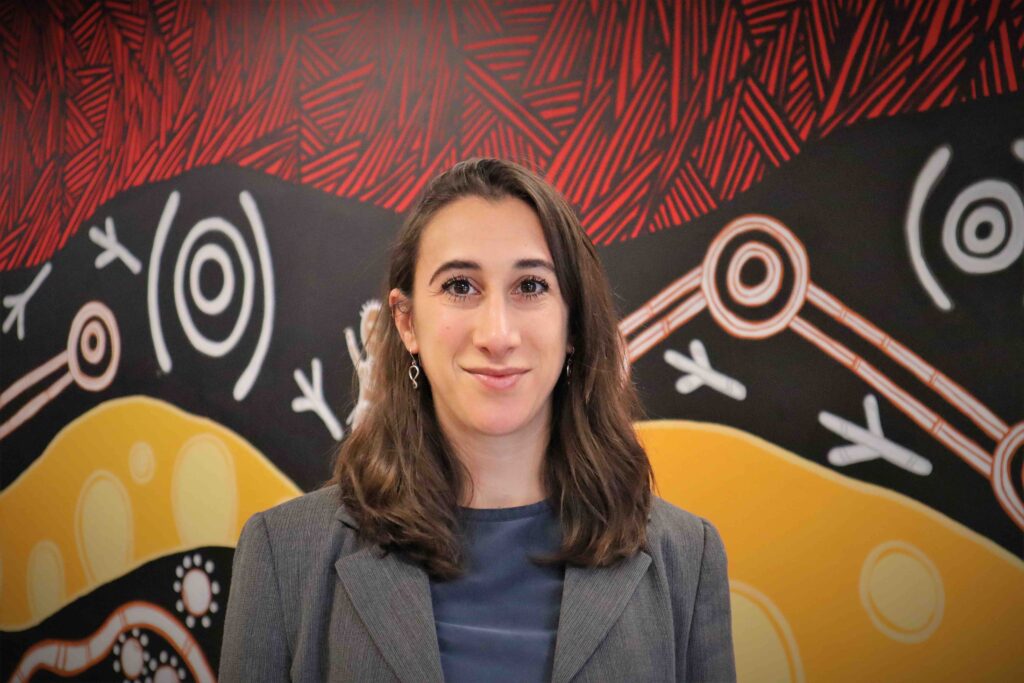A women-led online campaign is calling on the Australian government to sanction Israel over the conflict in the Middle East, which is “tearing apart” human rights, press freedoms, healthcare and more.
The idea was sparked by model and human rights advocate Luisa Dunn, who has 1.3 million followers on Instagram and features many other high profile Australians, including broadcaster and author Antoinette Lattouf, lawyer Ramia Abdo Sultan, and musician and disability advocate Eliza Hull.
Others in the video include medical doctor and media personality Dr Preeya Alexander, comedian Lewis Garnham and pianist Jayson Gillham – whose show was controversially cancelled by the Melbourne Symphony Orchestra earlier this year after dedicating a song ‘Witness’ to slain Palestinian journalists.
In the Instagram campaign video, the advocates hold up various signs including “human rights”, “press freedom”, “international law”, “access to healthcare” and others, before tearing the paper up – signifying the ongoing impacts of the war in the Middle East.
In less than 24 hours of the video being published on social media, it received more that a quarter of a million views.
The death toll of Palestinians in Gaza since Hamas’ attack on Israel on October 7 2023 is nearing 43,000, according to statistics from Al Jazeera – 11,000 women, and at least 16,456 children. And as the Israeli Defence Force (IDF) expands its assault on Lebanon, thousands of Lebanese civilians have also been killed.
Hamas’ attack on Israel killed 1200 Israeli civilians in a single day, including 350 women, with the UN finding the terrorist organisation committed obscene acts of sexual violence against Israeli women and children on that day.
As the war continues, Luisa Dunn notices “a huge disparity” between what we see in mainstream media and the reality of the dire humanitarian crisis the Middle East faces.
“Palestinian voices, stories and perspectives are simply not being heard,” Dunn told Women’s Agenda.
“Due to the lack of coverage and media bias of these grave humanitarian injustices, I see raising awareness being the first goal, followed by a call to action. Hopefully encouraging people to use whatever means they have available to advocate, protest and loudly oppose these humanitarian crimes.
“We cannot normalise the mass slaughter of innocent people. If we do not raise our voices against these crimes against humanity and for those who are silenced we are all complicit.”
Press freedoms
Journalists in the Middle East are working through what the Committee to Protect Journalists (CPJ) have found to be the deadliest period for journalists since the organisation began collecting data in 1992.
According to the CPJ, 131 journalists and media workers have been killed in Gaza, the West Bank, Israel and Lebanon since October 7 2023.
Broadcaster, columnist and author Antoinette Lattouf, who is also a Lebanese Australian woman, has condemned not just the killing of journalists – which is a war crime, according to the UN – but the lack of coverage of their deaths in mainstream media.

“Targeting and killing journalists is a war crime, and yet there’s so little coverage or condemnation of these ongoing atrocities among my media peers, let alone our government,” Lattouf said.
“A country like Australia prides itself on democratic principles like a free press — why aren’t we demanding accountability for those responsible for the brutal bloodshed?
“When institutions fail to speak truth to power, the people will mobilise, and fill the deathly silence.”
Democracy
Since October 7 2023, lawyer Ramia Abdo Sultan has lost 60 family members in Gaza. Hundreds others are permanently displaced, she said.
Sultan has family connections in Palestine and Lebanon, and while her family roots of course motivate her to advocate for Palestine, she said it is also a “moral duty” she feels to share the stories of “injustice” from the Middle East.

“I chose to participate in this particular campaign in a desperate attempt to catch the attention of our elected officials and Government, but also for those from within the broader public who have chosen to remain silent on the issue or simply ignore,” Sultan said.
“The video is simple yet comes with a powerful message, namely – our “democratic” governments have failed us.
“Human rights activists and those who have chosen to stand on the right side of history have somewhat exhausted all avenues to put pressure on our Government to take “real” action against Israel such as sanctions etc.
“It is extremely disheartening to live during a time where we continue to ignore the actions of the perpetrator despite watching atrocities being committed by them with full impunity.”
People with disabilities
Australian musician Eliza Hull lives with the genetic condition ‘Charcot Marie Tooth’. As a person with a disability, her advocacy for people in Gaza and Lebanon is motivated by her lived experience, living in a world that is inaccessible for people with disabilities.
“People with disabilities are continually being left behind,and some are dying due to starvation,” Hull said.
“Many people with disabilities have only just acquired their disabilities, including fractures, peripheral nerve injuries, amputations, spinal cord and brain injuries, and burns.
“It’s time this stops. It’s time we see what’s happening in Palestine and Lebanon as a disability rights issue that impacts not only people with disability but all of us, in our shared humanity.”

Hull hopes that people who watch the campaign video are inspired to make change.
“I think a lot of people feel powerless. They are watching the horror on their phones, thinking, ‘What can I do? I can’t make it stop! I can’t do anything’,” she said.
“We can all write a simple email to our leaders or get on the phone. Our voices matter! We have the power as people.”
A Jewish perspective
Sarah Schwartz is a human rights lawyer and the executive officer of the Jewish Council Australia. As a Jewish woman, Schwartz feels a responsibility to stand up against the actions of the Israeli Defence Force.
“I participated in this campaign calling for sanctions because I think that the lack of material action by the international community has emboldened Israel’s increasingly brazen breaches of international law,” Schwartz said.
“It is clear that Israel will not act without outside pressure, particularly from Western governments. If our commitments to human rights are to mean anything, we can’t ignore what is happening in Gaza, the West Bank and Lebanon.”

Schwartz hopes that the campaign will put pressure on the Australian government to impose sanctions on Israel.
“As a Jewish person, I feel a particular responsibility to say that Israel’s actions are not done in my name,” Schwartz said.
“I join a growing number of Jewish people in saying that we refuse to be used as political footballs to justify Israel’s human rights abuses and shield it from criticism.”


